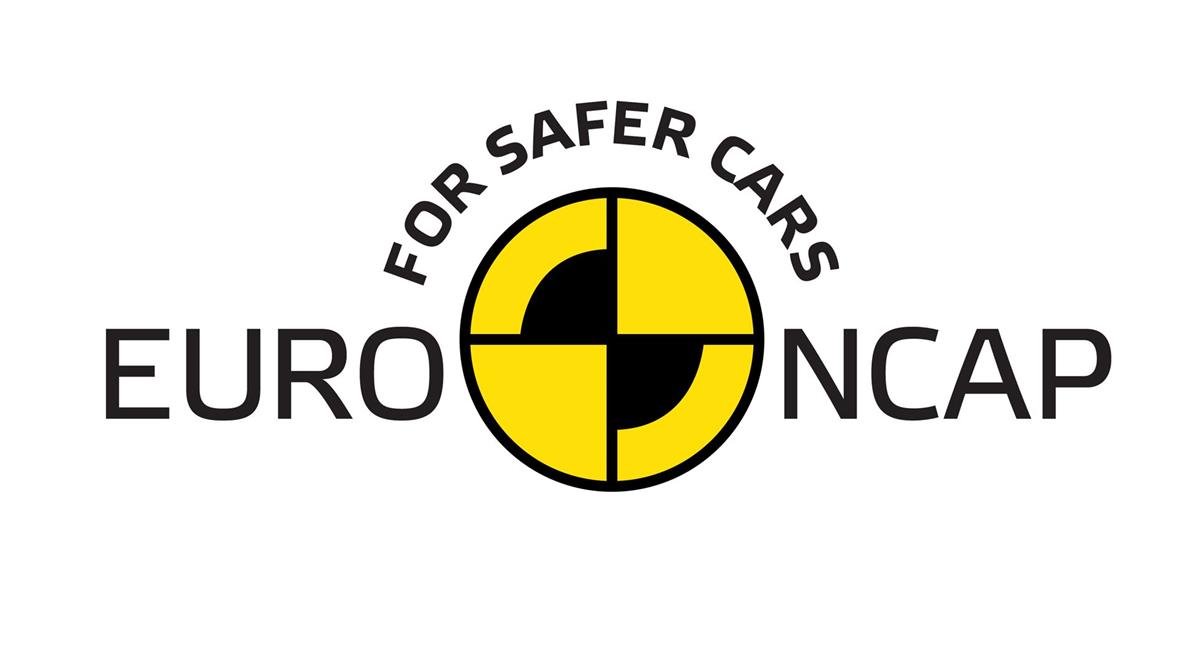Euro NCAP welcomes new member Austria

20 January 2022 – Euro NCAP welcomes the Republic of Austria as a new member, widening the network of member states, regions, mobility clubs, consumer organizations and auto insurers that work together to advance road safety.
With a population of about nine million, the Republic of Austria is one the most prosperous and stable EU Member States with some 569 motor vehicles in use per 1,000 inhabitants. The Alpine country has long been a European automotive powerhouse with a strong background in research, testing and manufacturing. In recent years, it has established itself as a highly qualified driving force behind future mobility concepts and electromobility, providing advanced technologies and developments for the automobile sector.
The Republic of Austria will be the eighth governmental institution and the sixth EU Member State directly participating in the Euro NCAP programme. The republic is officially represented by the Ministry for Climate Action (BMK) and will receive technical support from Graz University of Technology (TU Graz). The driving force behind Austria’s membership in the Euro NCAP consortium was Hermann Steffan, head of the Vehicle Safety Institute at TU Graz. Vehicle testing, pending approval of the local facilities later this year, will be carried out at the Safety Labs Austria, which consist of the newly developed DSD test center in Hofkirchen/Traunkreis in collaboration with ALP.Lab for active safety, Capgemini Engineering Austria (previously Altran) in Gratkorn for passive safety as well as the Research Center Virtual Vehicle and the Vehicle Safety Institute of TU Graz for their expertise in the field of virtual testing.
Together these organisations conduct extensive work around safe and clean mobility, providing test and engineering services, data analysis and system modelling capabilities. Through the Austrian membership, Euro NCAP will benefit from their cutting-edge research, best testing practices and their strong collaboration with the worldwide automotive industry. In particular, the great expertise in virtual testing for passive and active vehicle safety will play an essential role in introducing simulation-based methods within Euro NCAP.
Niels Ebbe Jacobsen, Euro NCAP Chairman and President, said: “I am delighted to welcome the Republic of Austria to the Euro NCAP consortium. Their membership signals a strong interest, not just to support the development of advanced technologies, but to become an important pacesetter on the path towards safe and clean mobility for European citizens. This is great news for consumers in Austria and across Europe.”
Friedrich Forsthuber, Ministry for Climate Action said: “We believe that the Republic of Austria can make a significant contribution based on the research available in Austria to improve road safety in Europe. Membership to Euro NCAP will act as a catalyst to turn new research findings from our competence centres and industry into innovative vehicles that offer greater comfort, lightweight construction, cleaner drive systems and above all improved safety.”
Univ.-Prof. Dipl.-Ing. Dr. techn. Hermann Steffan, Graz University of Technology said: “Every fatality or severe injury in transport, that can be prevented, is worth investigating. I am glad that we can contribute to these important topics in closer cooperation in the future.”
Editor’s note
Follow us online and on social media:
Twitter
Facebook
Instagram
YouTube
About Euro NCAP
Euro NCAP organizes crash & safety tests on new vehicles and provides motoring consumers with a realistic and independent assessment of the safety performance of some of the most popular cars sold in Europe. Established in 1997 and backed by several European Governments, motoring, consumer and insurance organizations, Euro NCAP has rapidly become a catalyst for encouraging significant safety improvements to new car design. Visit our website: www.euroncap.com.
Euro NCAP ratings strictly apply to vehicles of the specifications offered in Europe. The ratings do not necessarily apply to models offered in other regions, even when sold under an identical name, as production specification and equipment may vary.





